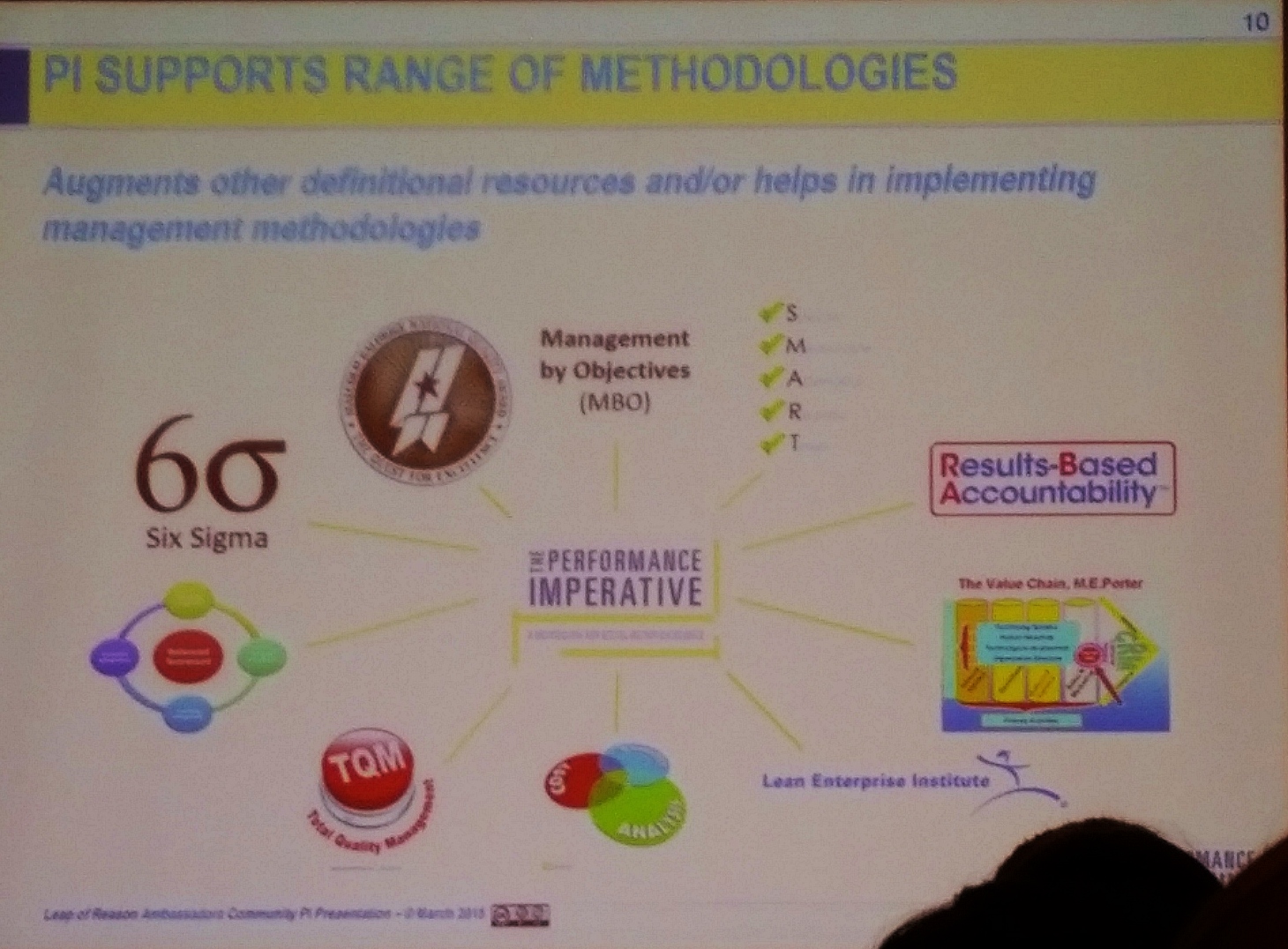This week I attended Mission Driven, a conference focused on social impact hosted by Mission Capital (formerly known as Greenlights). Mission Capital is an Austin-based non-profit concentrated on building collective solutions to large social issues. The conference brought together the public, private, and non-profit sectors, which is increasingly common as trends toward whole-system thinking grows. The fields of finance, business, development, and social work are mixing as these sectors move toward collective solution-building.
As such, the conference dove heavily into issues of non-profit management in a changing landscape, investing, and funding; all of which focused on whole-system thinking.
Nirav Shah, Director of Social Finance US, and Karla Sainz, Public Accountability Manager at the Laura and John Arnold Foundation, discussed Pay for Success (PFS). Pay for Success is a tool that aims to address large-scale social issues such as homelessness, poor quality early childhood education, and high recidivism rates by improving accountability and evaluation while also providing a return on investment. Nirav Shah believes the most important aspect of PFS is data. Meaningful data is key in PFS not only because it rewards successful programs and measures accountability, but also provides a way to unify agendas and learning between naturally conflicting sectoral interests and needs. And so, data…
Data are often seen as expensive and confusing, and many managers of social programs do not come from a research background. As such, Karla Sainz highlighted a brief that the Laura and John Arnold Foundation released in regards to myths about randomized controlled trials, which are generally required for PFS programs. This dialogue on social science methodologies is pivotal as multiple fields merge because greater evidence is also increasingly required of small social providers for grants and philanthropic giving. As such, the increased understanding of the business value of impact that is wrapped up in the PFS model increases the relevance of capacity-building grants for monitoring and evaluation. In addition, the push for statistical evidence addresses a need to improve social science methodologies for evaluation in ways that are meaningful and fundable. The general trend toward evidence and impact is pushing smaller-scale providers toward monitoring. Whether inside or outside of the PFS model, it is meaningful data that drives efficiency and impact.
Here are some other quick takeaways from the conference:
- “Risk is born of accountability”, Nirav Shah speaking to the investor and provider risks of Pay for Success programs.
- “It’s all about data”, Rick Edwards of Third Sector Capital Partners, Inc.
- “…peer-reviewed investments are key to the success we see in returns of non-traditional investing.” Ann DeRosa, Chief Strategy Officer at Chilton Capital on non-traditional portfolio’s and new ways of thinking about return on investments.
- I will highlight the Akola Project of Dallas, Texas, Friends of the Children of Portland, Oregon (check out this amazing video), UNCOMMEN of Charlotte, NC, and Isaac Castillo. Akola exemplifies a system-oriented leader. Akola grows with purpose, flexibility, and partnership. Akola is an organization that expands based on the needs of the client while also maintaining a balance with financial sustainability and deep evaluative roots in participatory input and program learning. Akola’s projects promotes learning over fear and works to provide basic community needs, skills and training, and jobs for women in Africa and Dallas.
- Friends of the Children has definitive monitoring of clients because it cares about the organizations’ authentic impact, helping children become healthy adults. Friends of the Children sees the end game and what, at the most basic level, is necessary for success; children in unstable environments need one adult to care for them throughout their young life.
- UNCOMEN is a rare gem. It is a leader in gender equality, and works within the family around the complexities of modern life, changing roles, and human needs. UNCOMMEN works with men as fathers, husbands, and role models to be part of the dialogue to heal our society.
- Isaac Castillo is a guru in the field of evaluation of social programs. He is experienced in results-based evidence and has long advocated not only for evaluation for learning and client success but also the organizational thinking needed to produce it.
In short, the Mission Driven conference was a significant event for Texas and Mission Capital as it works to develop regional leaders in social impact and promote learning and dialogue.

